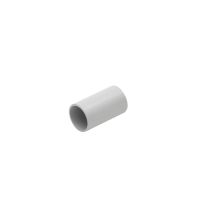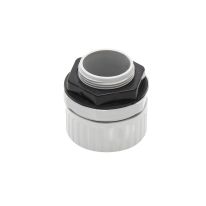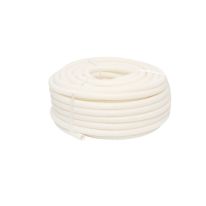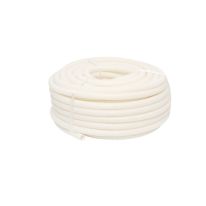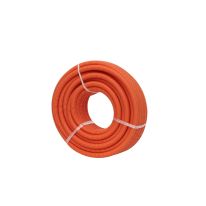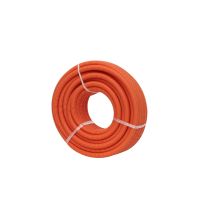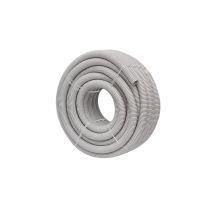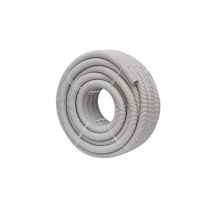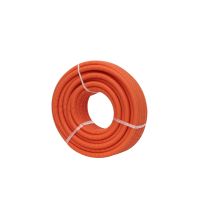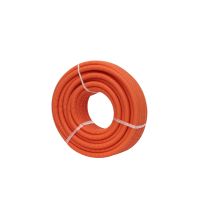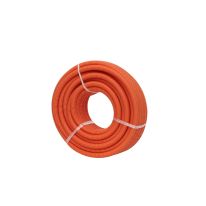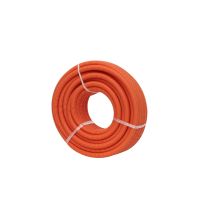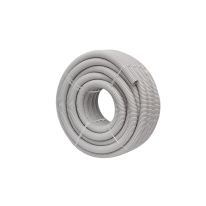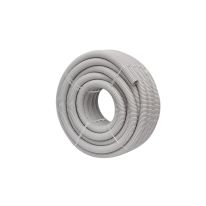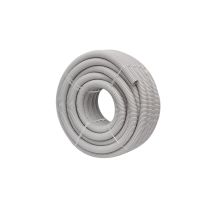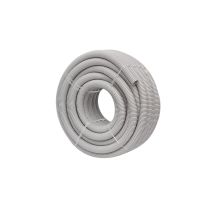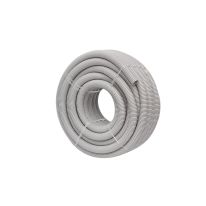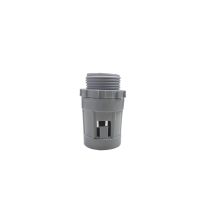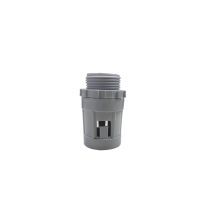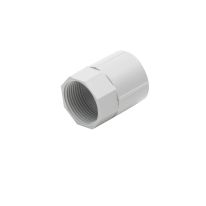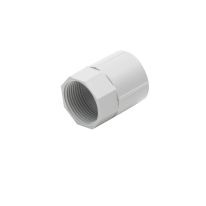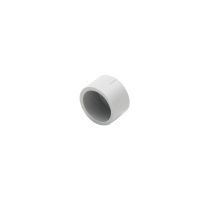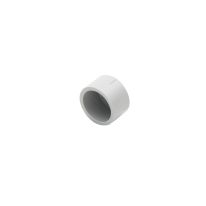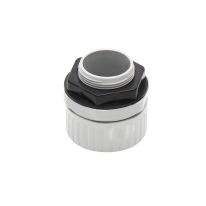Shop Conduit Cables
Protect your electrical and communication signals in a safe and organised pathway with our selection of conduit cables at 4Cabling. Conduit cables are constructed with durable materials with layers of insulation so that they can safely transmit signals from one point to another.
Browse our selection of conduit products including a corrugated conduit, conduit connectors, conduit tees, corrugated conduit fittings, conduit adapters, a conduit elbow, a junction box, a conduit bend or other conduit mounting accessories. We also offer free shipping for purchases over $50.
If you have any questions about which conduit products or cable management systems would work best for your individual setup, please visit our contact us page and a member of our customer service team will be in touch with you shortly.
FAQ Section
What factors should be considered when selecting a conduit?
Application: Different environments of application require different levels of protection. Consider whether you are installing your electrical conduit cables as electrical wiring in a residential building, an industrial facility, or a commercial space.
Level of protection: Will your conduits and conduit cables be located in harsh environments where moisture, chemical, or physical impacts are common or likely to occur? If this is the case, consider purchasing conduit products that offer superior protection to ensure both the safety and the integrity of your cables.
Environmental factors: Similarly, will your conduit products be exposed to extreme temperatures, outdoor elements or corrosive substances? While this may not be as common in residential or home set ups, in industrial or commercial environments this becomes more likely to impact the type of conduit best for your setup.
Specific requirements and codes: Different regions and types of applications may have requirements or codes that dictate the use of certain conduit products. It is important to localise yourself with the local regulations to not only ensure compliance, but ensure the safety of your cable installation.
What types of conduits are there?
Rigid Metal Conduit (RMC): These types of conduits are considered a heavyweight champion among conduits. It is a thick and durable option that is ideal for many industrial and heavy-duty applications in demanding environments.
Intermediate Metal Conduit (IMC): IMC conduits strike a balance between strength and weight. While they are lighter and often easier to work with in comparison to RMC conduits, they still offer reliable protection.
Electrical Metallic Tubing: EMT conduits are otherwise referred to as “thin-wall conduits” and are most commonly used in residential and light commercial applications. What’s more, as a more lightweight option being easy to bend and install, it is a popular choice for interior wiring.
PVC Conduit: If you’re looking for a versatile and cost-effective conduit option then PVC is a great choice. It is lightweight, resistant to corrosion and very easy to install.
Flexible Metallic Conduit (FMC): FMC conduits are otherwise referred to as “Greenfield”. It is a flexible conduit option that is made up of interlocking metal strips, and typically installed in tight spaces or areas with complex wiring layouts.
Light-Tight Flexible Metal Conduit (LFMC): This type of conduit is somewhat similar to FMC conduits, but the light-tight coating provides extra protection against moisture and liquids, making it a suitable choice for outdoor installations or wet environments.
What is the difference between RMC, IMC, and EMT?
If you have expensive electrical devices that you are conscious of protecting, then a surge protected power board is a worthy investment.
Power points can experience power surges. Power surges can damage or even destroy any electrical device connected to the power point. A surge protected power board, meanwhile, ensures that only safe levels of electricity are able to pass through to your connected electronics. They are available as both boards and single-outlet protectors.
What is the lifespan of conduit?
The lifespan of conduit depends on a variety of factors, including the type of material, the environment it is used in, and how well it is maintained. It is important to use the right conduit for your type of environment and usage to increase it’s longevity. Generally, well-maintained conduits can last for many years.
If you have any questions about the best types of conduit products for your specific networking setup or environment, contact us and we will give you the best advice for your product selection.




